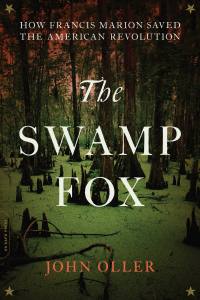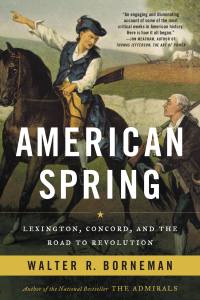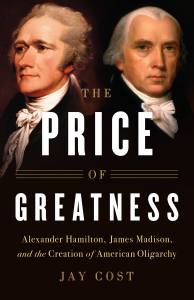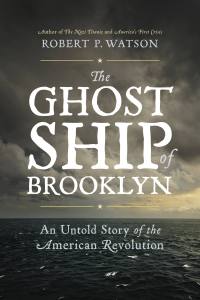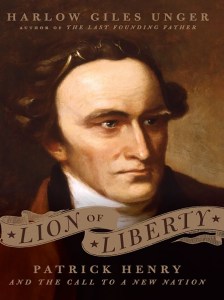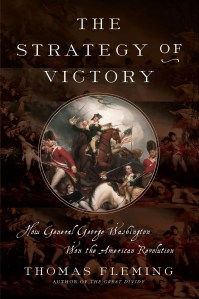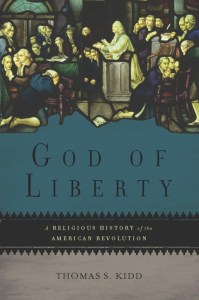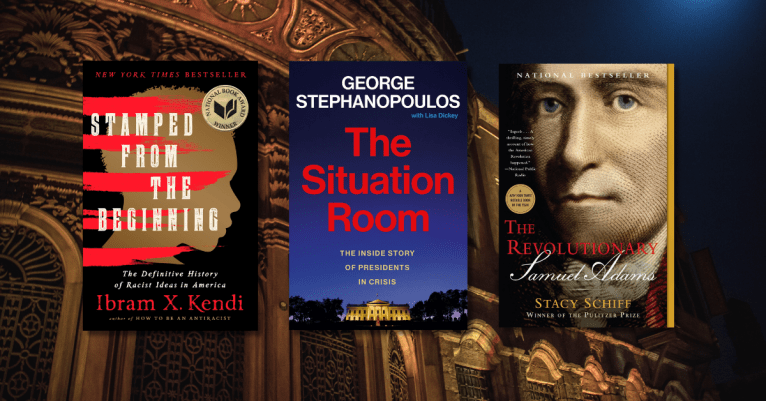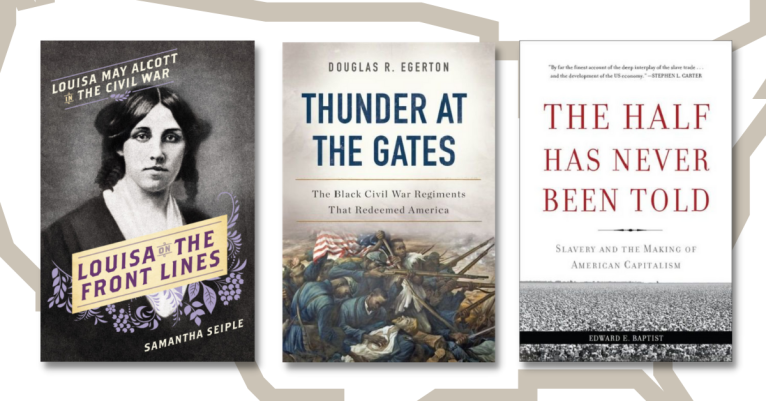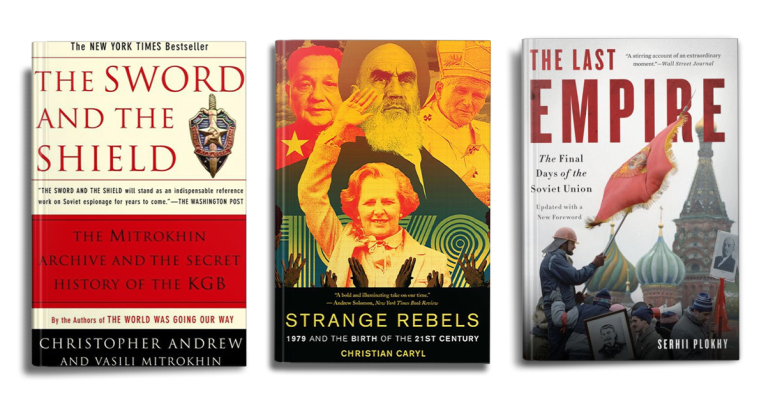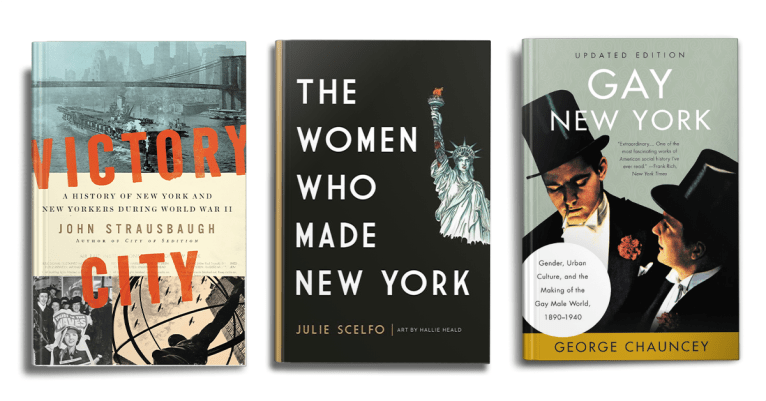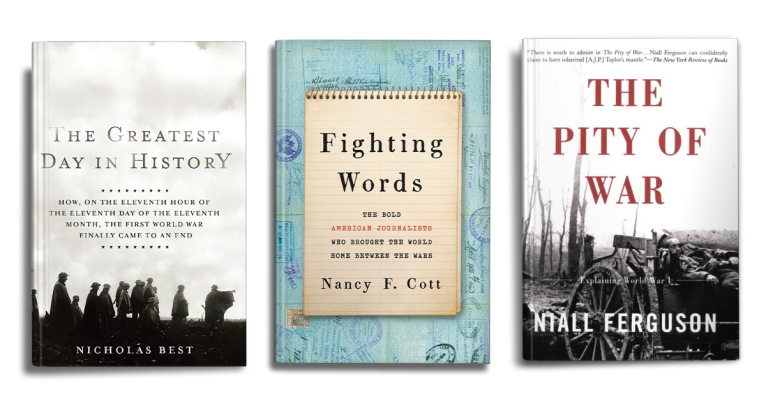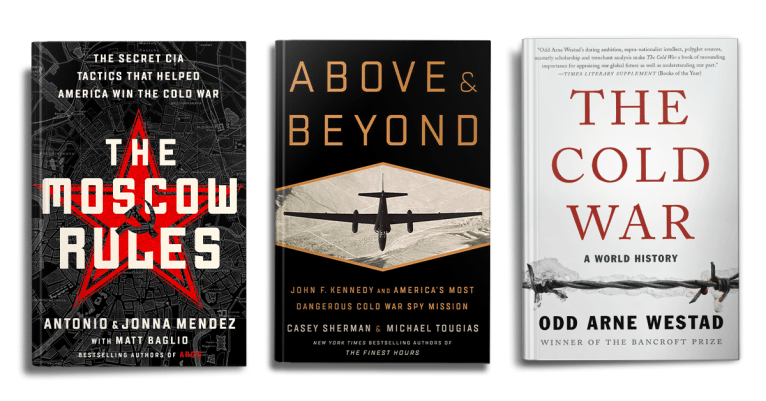The Best Books About the Revolutionary War
Every elementary school history class begins with the American beginning: The Revolutionary War. But there’s so much more detail than what can be covered in the limited time we have in the classroom. We’ve compiled a robust list of books about the Revolutionary War, from the divisive relationships between Alexander Hamilton and James Madison or George Washington and Thomas Jefferson, to the first Black regiment, to the lesser-known heroes in between.
Francis Marion (nickname: Swamp Fox) was known as the Washington of the South. His patriotism and life adventures inspired the Walt Disney TV series "Swamp Fox" as well as the Mel Gibson film The Patriot. John Oller's The Swamp Fox is an action-packed, comprehensive biography of the heroic man who played a huge role in the Revolutionary War by employing guerrilla tactics that later became commonplace in warfare.
While the conclusion of the Revolutionary War seems obvious now, it's worth a reminder that in 1775 things were much more uncertain. Ragtag militias had to work together quickly to defeat the British Army—and their odds of success were slim. Walter R. Borneman's American Spring follows the beginnings of America, from the first shots fired on Lexington Green to the Battle of Bunker Hill, fleshed out with the colorful characters of the time.
Alexander Hamilton and James Madison had a tumultuous relationship; Hamilton wanted economic growth, while Madison focused on republican principles. Jay Cost's The Price of Greatness takes a deep look at these two men and their political stances, and does something that's never been done before: Argue that both men were right in their respects. Each man had to choose corruption as a cost of growth. And that choice has continued with American politics today.
History views America's early years with rose-colored glasses. We're taught that the Founding Fathers were the best of friends and worked together seamlessly. But George Washington and Thomas Jefferson had their conflicts. In The Great Divide, historian Thomas Fleming explores the two men's different temperaments and leadership styles, and how those differences led to the way America still runs today.
One would expect the most horrific struggle of the American Revolution to occur during battle, but in truth, it was the aboard the HMS Jersey, a prison ship 100 yards off the coast of New York. Up to a thousand American men at a time were shoved below deck, with no light, air, food, or water, after being captured by the British. Historian Robert P Watson weaves together the story of those men, pulling from old newspapers, diaries, and military reports to produce The Ghost Ship of Brooklyn.
Patrick Henry was one of the first Founding Fathers who called Americans to fight against Britain, demand a bill of rights, and, of course, call out "Give me liberty or give me death." He was a fantastic orator and lawyer with stage presence. Lion of Liberty is Harlow Giles Unger's great, action-packed biography of this American founder.
Historian Thomas Fleming digs into the battles and war strategies of George Washington that led to American independence in The Strategy of Victory. America nearly lost the war before Washington enlisted an army of professional soldiers, as opposed to a militia of local men defending their families and homes. In his first battle with this army, his strategy of victory was proven.
At the start of the Revolutionary War, many religions were popular in America, from deism to atheism. But those differences in beliefs didn't stop people from finding common ground to fight against Britain. Thomas S. Kidd's God of Liberty is the first comprehensive book covering the role of religion in the early days of America.
What to Read Next
Ashley Holstrom is a book person, designing them and writing about them for Book Riot. She lives near Chicago with her cat named after Hemingway and her bookshelves organized by color.
